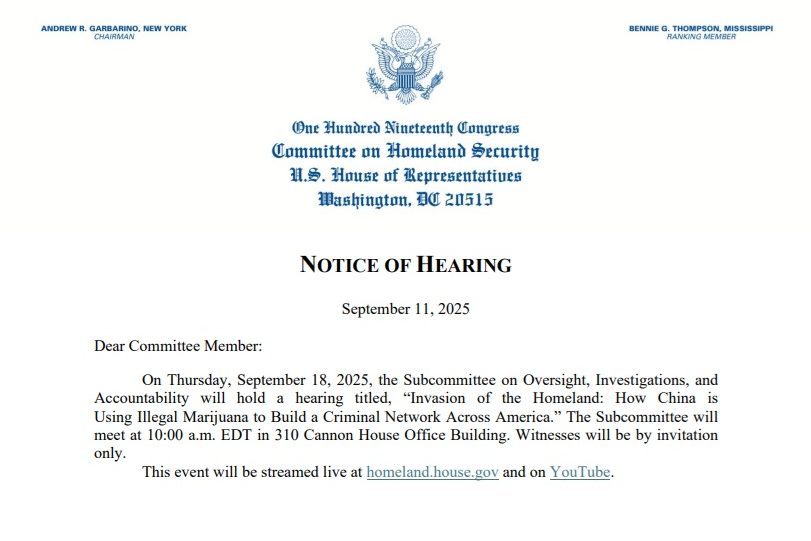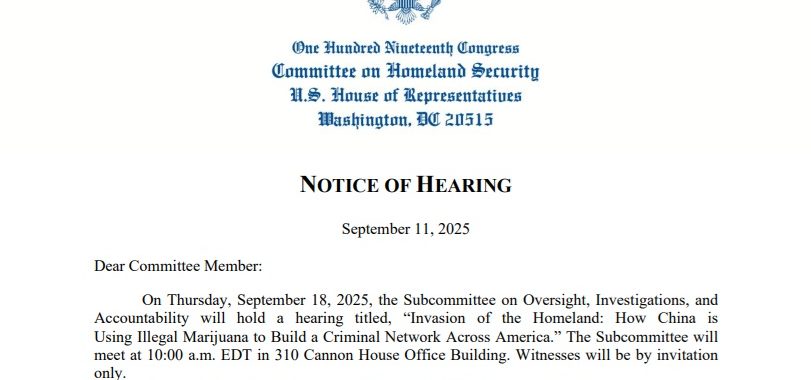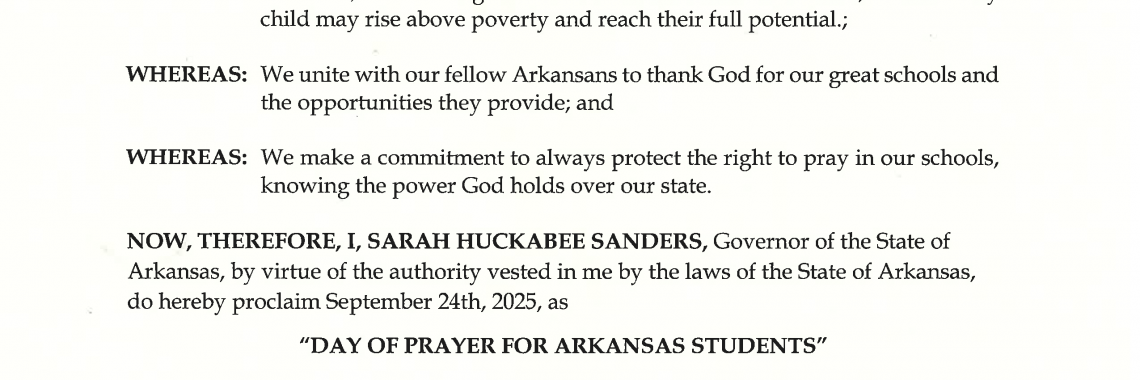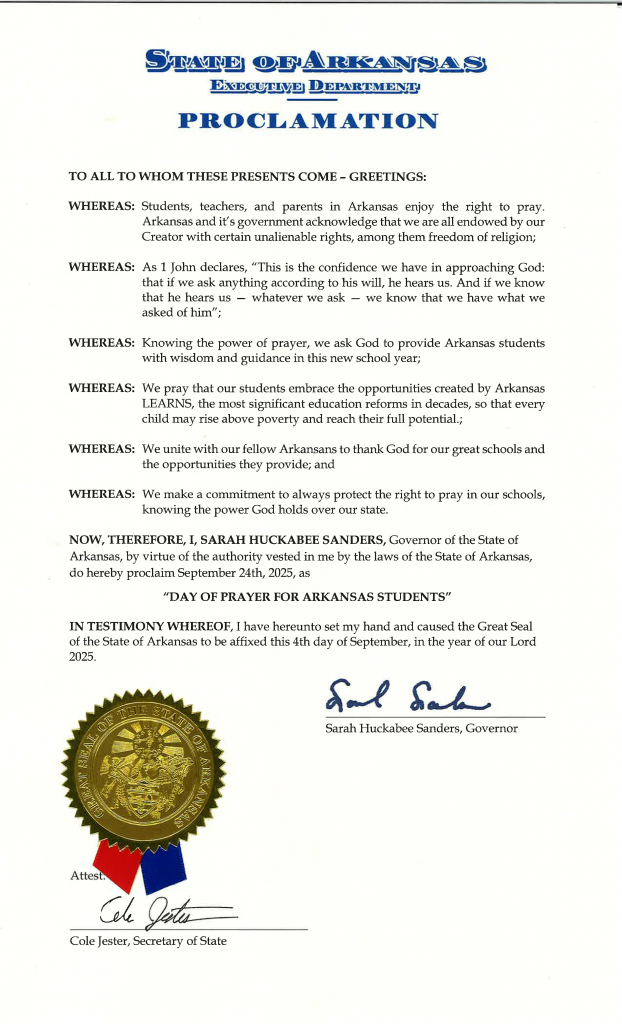House Committee to Discuss How China is “Invading” America Through Illegal Marijuana

A U.S. House subcommittee has scheduled a hearing to discuss China’s “invasion” of the U.S. homeland through illegal marijuana.
In a notice issued last Thursday, the Subcommittee on Oversight, Investigations, and
Accountability announced:
On Thursday, September 18, 2025, the Subcommittee on Oversight, Investigations, and Accountability will hold a hearing titled, “Invasion of the Homeland: How China is Using Illegal Marijuana to Build a Criminal Network Across America.” The Subcommittee will meet at 10:00 a.m. EDT in 310 Cannon House Office Building. Witnesses will be by invitation only.
This event will be streamed live at homeland.house.gov and on YouTube.
We have written before about criminal organizations manufacturing and selling illegal marijuana on the black market in states where marijuana sales are legal.
The U.S. Department of Justice has said organized crime from Mexico and China may be making millions of dollars from illegal marijuana in states like California, Maine, New York, and Massachusetts.
Some of these illegal marijuana operations are tied to labor trafficking, violent crime, and foreign adversaries like the Chinese Communist Party.
In fact, some outlets report that Chinese organized crime is dominating black market marijuana in states where marijuana is legal.
The FBI recently announced charges against seven Chinese nationals for their alleged roles in a multimillion-dollar marijuana scheme that involved money laundering, drug smuggling, and human trafficking.
Oklahoma has legalized marijuana, but in June, Oklahoma Attorney General Gentner Drummond announced his Organized Crime Task Force seized nearly 41,000 illegal marijuana plants and more than 1,000 pounds of processed marijuana in a single sting operation. Drummond indicated “Chinese crime syndicates and Mexican drug cartels” are behind the illegal marijuana.
NPR reports how illegal immigrants from China “are taking jobs at hundreds of cannabis farms springing up across the U.S.” Other correspondents have reported how these illegal marijuana operations contribute to “modern day slavery on American soil.”
CBS News has highlighted how Chinese investment is driving illegal marijuana production across the U.S.
CBN reports that Chinese investors with “suitcases full of cash” are buying U.S. farmland to grow black market marijuana.
CNN writes that “illegal pot production . . . provides a glimpse of a hidden world – one that mirrors a trend playing out not only in California, but in states such as Oklahoma, Oregon, New Mexico and Maine: groups of people with apparent ties to foreign countries – most notably China – producing weed in colossal volumes.”
The list goes on.
Instead of decreasing crime, marijuana legalization has actually emboldened drug cartels and increased the flow of illegal drugs across America. Arkansas State Police routinely confiscate marijuana grown in states where it is legal.
All of this further shows that marijuana may be many things, but “harmless” simply is not one of them.
Articles appearing on this website are written with the aid of Family Council’s researchers and writers.




